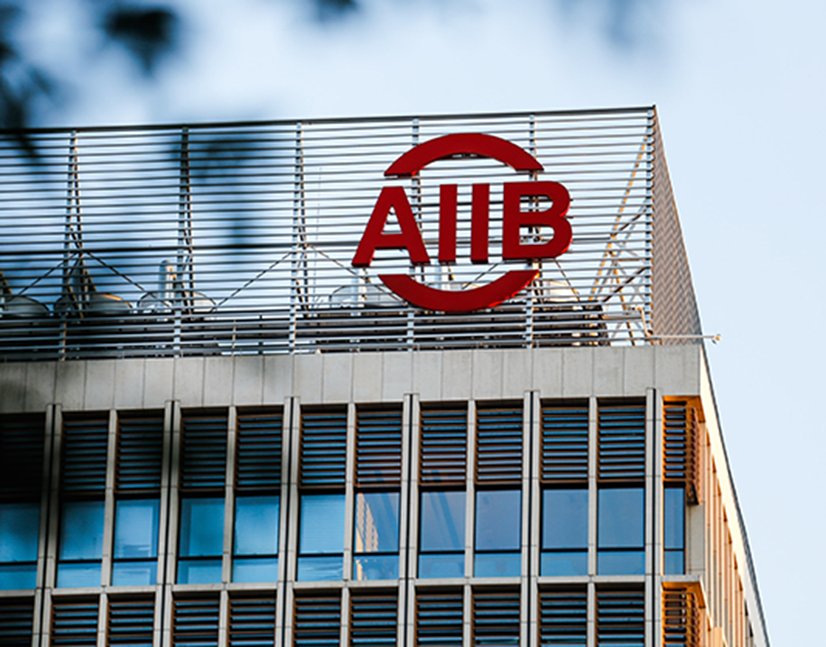
News

At a Climate Bonds Initiative event on 29 April, the organisation’s chief executive, Sean Kidney, said the difference between actual and required sustainable investment to meet the demands of green transition remain significant. He also outlined the risks to Australia in being a climate laggard.

Asian Infrastructure Investment Bank took advantage of conducive market conditions and growing Australian dollar demand for sustainable debt to print its long-awaited debut in the Kangaroo market on 28 April. The issuer says an expanded, and fully sustainable, funding programme should support regular Kangaroo issuance.

S&P Global Ratings revised the outlooks on 17 Australian financial institutions to positive from stable on 27 April based on its view that the Australian banking industry risk trend – within its banking industry country risk assessment – is now positive. The improved outlook notably excludes the big-four banks, however, given their close ties to a negative sovereign outlook.

The 2021 iteration of the Fitch Ratings-KangaNews Fixed-Income Investor Sentiment Survey suggests Australian investor concern about COVID-19-related risk has eased. The buy side expects lending conditions to loosen further and net issuance to rise across asset classes – all predicated on the expectation of and reliance on support from ongoing unconventional monetary policy.

Asian Development Bank says its gender-bond Kangaroo is part of its efforts to develop a public-market presence for this type of funding as the projects it is seeking to fund grow. Accelerating gender equality is one of the supranational’s long-term operational priorities and it is increasingly possible to align this goal with funding.

Australian Gas Networks (AGN) says the positive response parent company Australian Gas Infrastructure Group received to a 2020 domestic transaction encouraged its own return – and says it is likely to be back for more in 2021. AGN’s 22 April deal was its first in the Australian dollar market since 2014.

The Australian Prudential Regulation Authority released its draft prudential practice guide on climate-change financial risks for consultation on 22 April, setting out voluntary prudential management related to governance, risk management, scenario analysis and disclosure. Some industry participants are urging the regulator to use this as a first step to mandatory risk disclosure.

Kāinga Ora – Homes and Communities became the latest Australasian government-sector issuer to take advantage of calmer market conditions with its 20 April pricing of a syndicated tap. The new deal is the issuer’s first syndicated issuance since September last year – a period in which is has also introduced a monthly tender programme.

Bank of Queensland printed a new tier-two deal on 21 April, its first foray into public debt markets since it announced the acquisition of ME Bank. BOQ says the deal was for standard capital-management purposes and that the capital composition of the combined entity is still being worked through, but adds a senior-unsecured market return may not be far off.

The Basel Committee on Banking Supervision published a report on 14 April detailing the transmission mechanisms of physical and transition climate risks into financial stability risk. Risks can be observed through traditional lenses, but the committee says more research is needed fully to understand the potential impact of climate change on the financial system.

The findings of Janus Henderson Investors’ inaugural sovereign debt index report point to an evolving set of risks faced by central banks as aggregate sovereign debt continues to rise. The fund manager says central-bank policy is evolving to focus on financial stability instead of inflation targeting.

Victoria Power Networks (VPN) says it used a multitranche structure for its latest domestic deal to maximise capacity as investors’ tenor preference has shortened in recent weeks. Overall demand appears to be holding up, as VPN priced its A$700 million (US$541.4 million) deal on the same day as NSW Electricity Networks Finance executed a A$300 million eight-year transaction.
